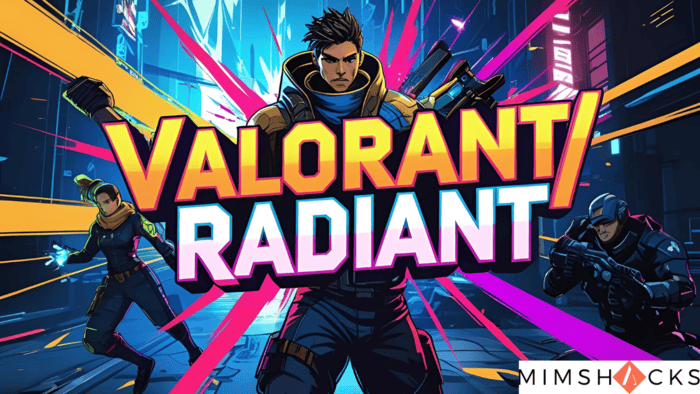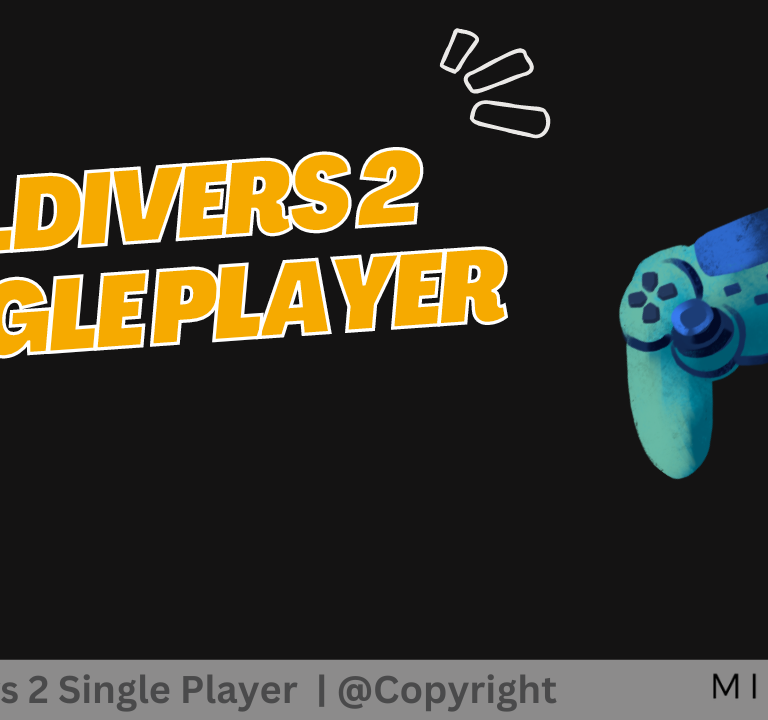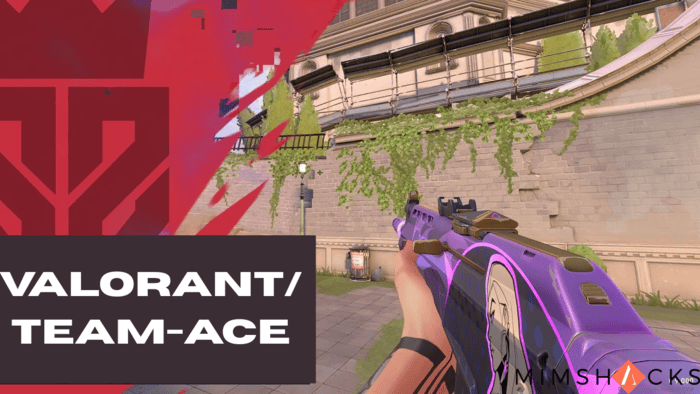Nintendo’s Perspective on Generative AI in Gaming: Balancing Innovation and Integrity

In a recent shareholder Q&A, Nintendo president Shuntaro Furukawa addressed the controversial topic of generative artificial intelligence (AI) in video game development. Furukawa acknowledged the potential for AI to be used “in creative ways” but also highlighted concerns about intellectual property rights.
This balanced stance reflects the ongoing debate within the gaming industry about the role of AI in creative processes. Many of the industry giants are weighing up the pros and cons of adoption.
The gaming giant’s approach to AI aligns with its long-standing philosophy of delivering unique experiences. Furukawa emphasized that while Nintendo is “open to utilizing technological developments,” the company will continue to focus on “delivering value that is unique to Nintendo and cannot be created by technology alone.”
This statement underscores Nintendo’s commitment to maintaining its distinctive creative voice in an increasingly AI-influenced landscape.
Nintendo’s cautious approach contrasts with some of its competitors’ more enthusiastic embrace of AI technology. Microsoft, for instance, is reportedly developing an Xbox AI chatbot to automate customer support tasks.
Meanwhile, PlayStation executives have highlighted the potential of AI to create more personalized gaming experiences, particularly appealing to younger generations seeking customization in their digital interactions. These stances make the benefits of AI seem obvious but the drawbacks that we’ve seen with how AI has been used across the internet is making those at Nintendo pause for thought.
The discussion around AI in gaming extends beyond just the major console manufacturers. Game developers and publishers are exploring various applications of AI technology.
Electronic Arts (EA) has been particularly vocal about its AI initiatives, with CEO Andrew Wilson claiming that over half of their development processes will be positively impacted by advances in generative AI. EA has already seen efficiency gains in certain areas, such as reducing the time required to create digital stadiums from six months to six weeks.
However, the integration of AI in game development is not without its critics. Some industry professionals, including voice actors like Doug Cockle (known for his work on The Witcher series), have expressed concerns about the potential impact of AI on jobs and creative integrity.
These concerns echo broader discussions about AI’s role in creative industries and its potential to displace human workers.
In the realm of online casinos, generative AI is making significant inroads, transforming various aspects of the gambling experience. AI-powered chatbots are enhancing customer service, providing instant support and personalized recommendations based on player behavior.
Some of the best casinos, such as the ones recommended at TrustnPlay, will even pair this up with human customer service to take over when the AI-powered chatbots stop short in solving a player’s concern.
Additionally, and perhaps most notably, AI is being employed to develop more sophisticated, responsible gambling tools, analyzing player patterns to identify potential problem gambling behaviors early and offer timely interventions.
As Trustnplay.com points out in its online casino reviews, the best online casino prioritize spotting these signs. This application of AI not only improves the player experience but also addresses important ethical considerations in the online gambling industry.
The use of AI in game development has faced some setbacks and criticisms. Keywords Studios’ experiment with creating an entirely AI-generated game resulted in failure, highlighting the current limitations of the technology.
The failure of this experiment was met with glee, but the decision to conduct the experiment at all is a worrying sign for those in the industry. Players and creators have also raised concerns about the ethical implications of AI-generated content, as well as its ability to produce truly engaging and enjoyable experiences.
Despite these challenges, the potential of AI in gaming continues to attract interest and investment. From improving NPC behavior to streamlining asset creation, AI technologies are gradually finding their place in various aspects of game development.
However, as Nintendo’s stance suggests, the key to successful integration may lie in balancing technological innovation with human creativity and vision. After all, they and every other top gaming company have built their reputations off the back of human genius.
As the gaming industry continues to evolve, the debate around AI’s role is likely to intensify. While some see it as a tool to enhance efficiency and creativity, others worry about its impact on jobs and the unique human touch that defines great games.
Nintendo’s measured approach – recognizing AI’s potential while emphasizing the irreplaceable value of human creativity – may serve as a model for navigating this complex landscape.
In conclusion, the gaming industry’s engagement with AI represents a crucial juncture in its evolution. As companies like Nintendo carefully consider the implications of this technology, the future of gaming will likely be shaped by how successfully developers can harness AI’s potential while preserving the human creativity and innovation that have always been at the heart of great game design.






